Laurie Duggan is Poet of the Month
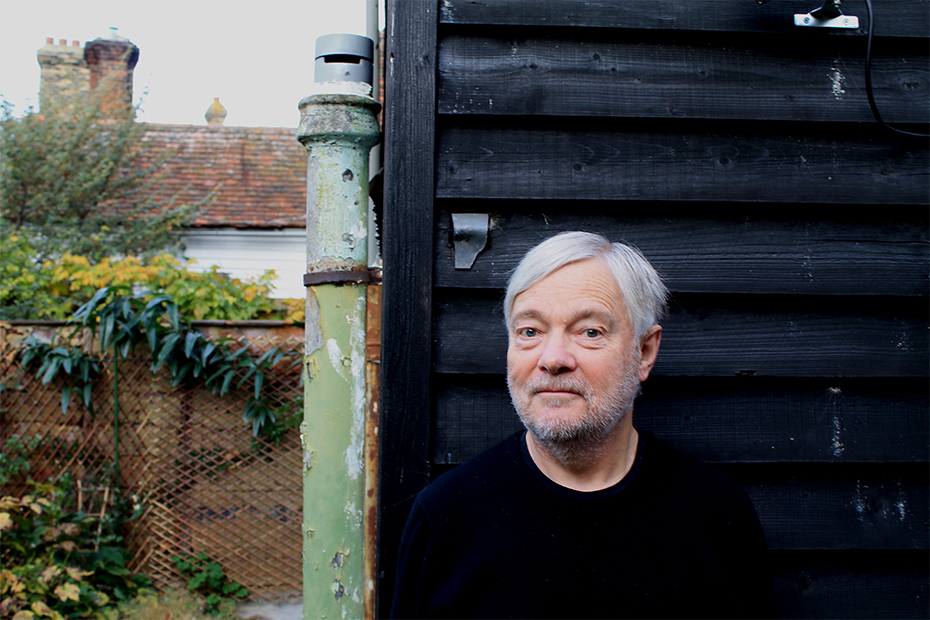 Laurie Duggan (photograph by Angela Gardner)
Laurie Duggan (photograph by Angela Gardner)
Laurie Duggan was born in Melbourne and was involved in the poetry worlds of that city and Sydney from the 1970s to the late 1990s. After six years in Brisbane he moved to England, living in Faversham, Kent until 2018 when he returned to Sydney. He has published some twenty books of poems together with Ghost Nation, a work about imagined space. His most recent books are Homer Street (Giramondo, 2020), Selected Poems 1971–2017 (Shearsman, 2018), and No Particular Place To Go (Shearsman, 2017).
Which poets have most influenced you?
Thomas Wyatt, Walter Raleigh, Lord Rochester, Alexander Pope, John Keats, Robert Browning, Ezra Pound, William Carlos Williams, Marianne Moore, Jean Follain, Francis Ponge, George Oppen, Louis MacNeice, Charles Olson, Gwen Harwood, Hilda Morley, Philip Whalen, Ian Hamilton Finlay, Gael Turnbull, Paul Blackburn, Edward Dorn, Jonathan Williams, Joanne Kyger, Lee Harwood, Alan Wearne, John Scott, Pam Brown, Ken Bolton, John Forbes, Gig Ryan. It goes on …
Are poems chiefly inspired or crafted?
Crafted definitely, though how they originate is another matter. Craft is essential. But it can be a subtle thing. I grew up in the shadow of poets who were fixated on forms like the pentameter. Despite their talk about regular forms, I found many of them to be clunky versifiers (there are of course exceptions, like, say, James Merrill). One young Australian poet wrote very ‘formal’ work that rattled and ‘informal’ work that just seemed shapeless. He was tone deaf. Inspiration? See below.
Continue reading for only $10 per month. Subscribe and gain full access to Australian Book Review. Already a subscriber? Sign in. If you need assistance, feel free to contact us.


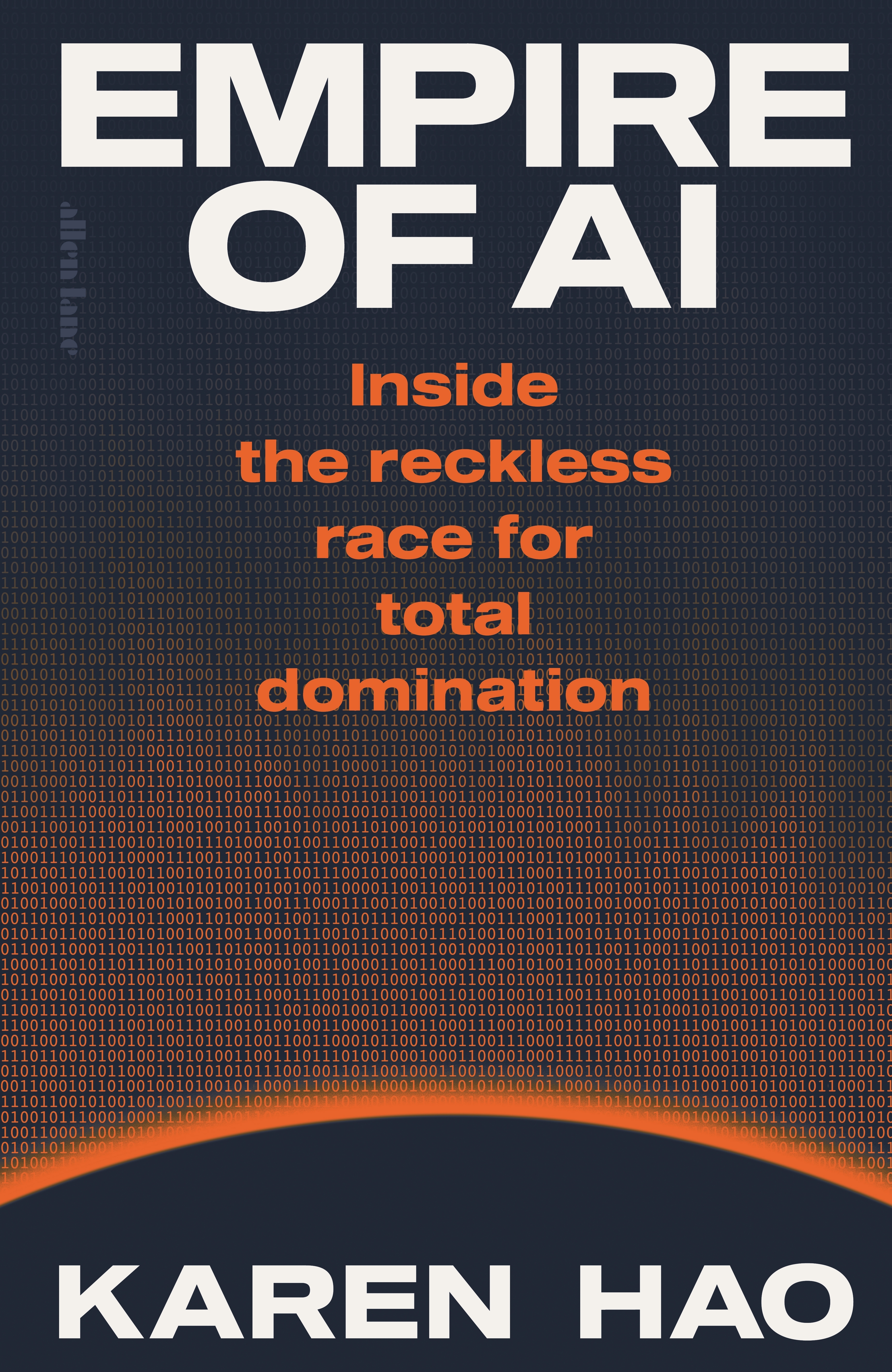
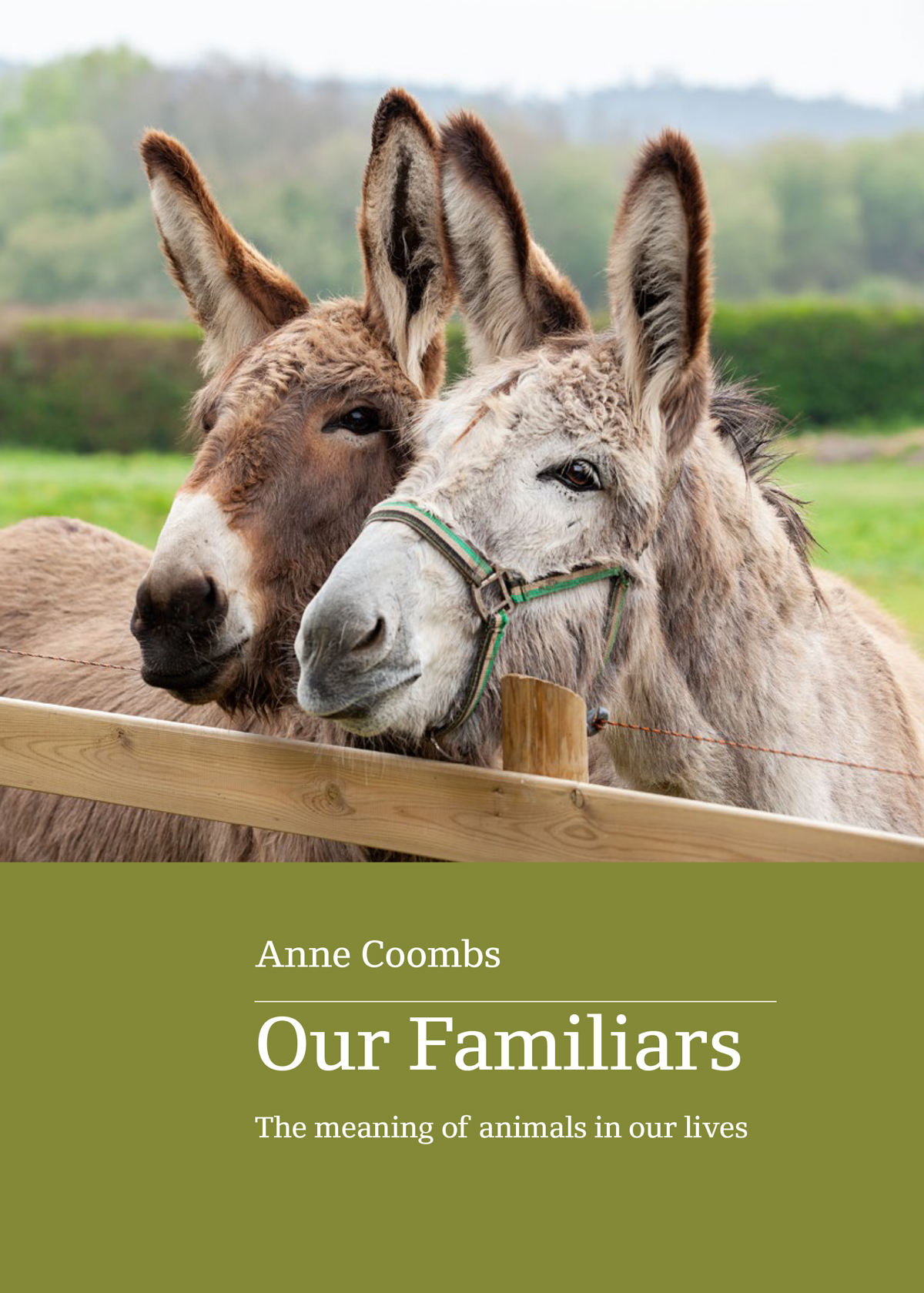


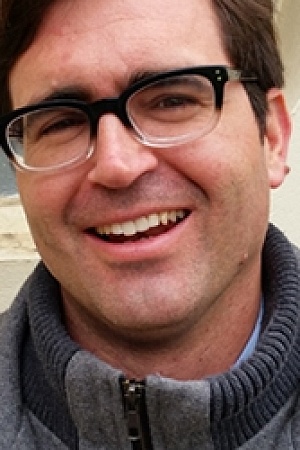

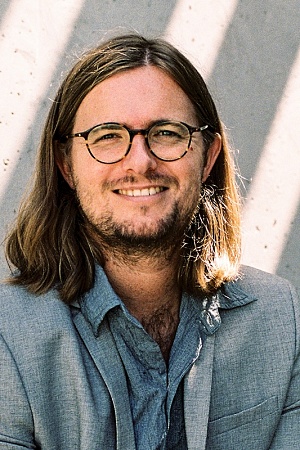

Leave a comment
If you are an ABR subscriber, you will need to sign in to post a comment.
If you have forgotten your sign in details, or if you receive an error message when trying to submit your comment, please email your comment (and the name of the article to which it relates) to ABR Comments. We will review your comment and, subject to approval, we will post it under your name.
Please note that all comments must be approved by ABR and comply with our Terms & Conditions.